Science Articles
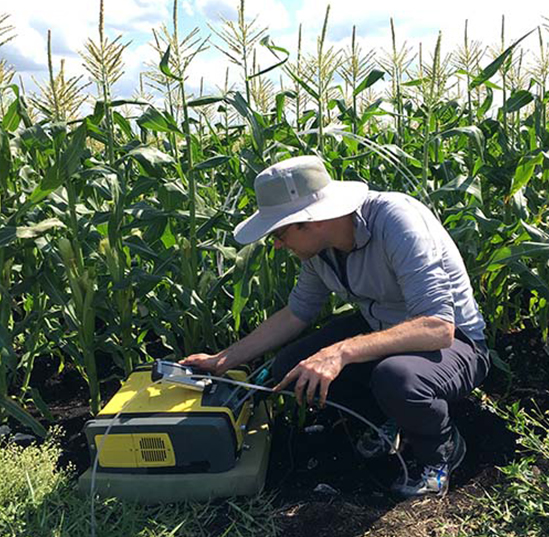
The latest study conducted by researchers at the University of Florida Institute of Food and Agricultural Sciences (UF/IFAS) shows that activity of archaeal microbes in the organic soils of the Everglades Agricultural Area is the major cause of nitrification and nitrogen loss.
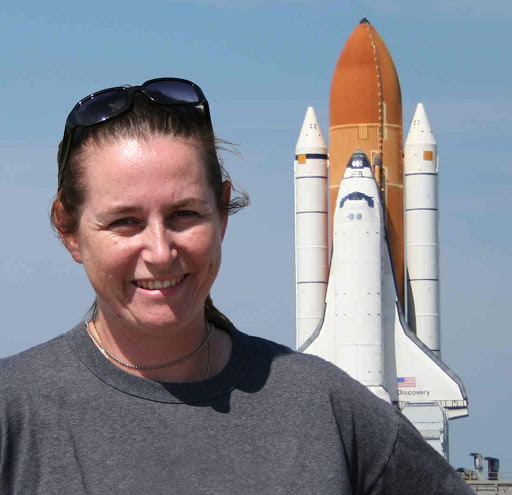
Astrobiologist Jamie Foster shares advice on how to make space your life's work.

The University of Florida, in partnership with IBM, is calling on the country’s brightest minds to join a virtual innovation challenge aimed at addressing the Sunshine State’s most pressing conservation issues.
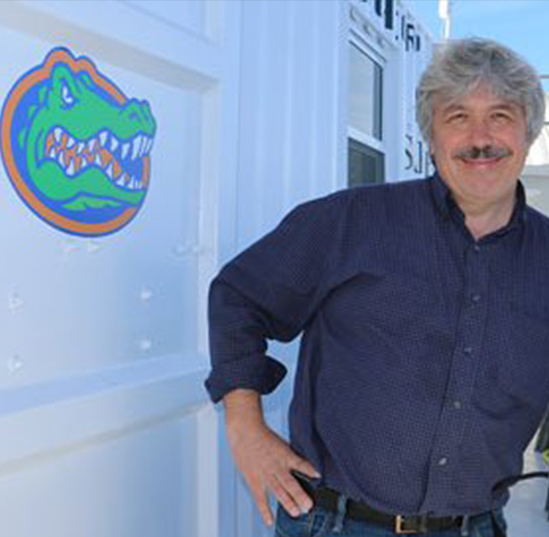
Neuroscientists at the University of Florida and a team of international collaborators have produced the first full sequenced genome of the American lobster, a creature that’s estimated to have a natural lifespan of 50 or even 100 years and whose nervous system is a valuable model for human neural networks.
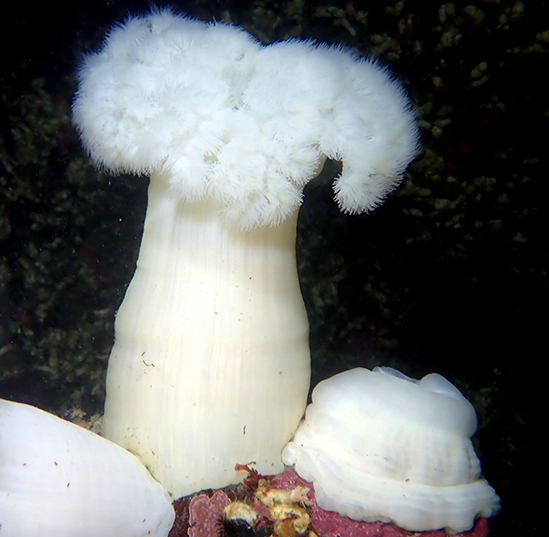
Sea anemones are soft-bodied, underwater predators known for their bright colors, flowerlike arrangement of tentacles and the tendency to eat just about anything they can catch and fit into their mouths. Researchers examining the gut contents of the giant plumose anemone have added a surprising food item to its menu: ants.
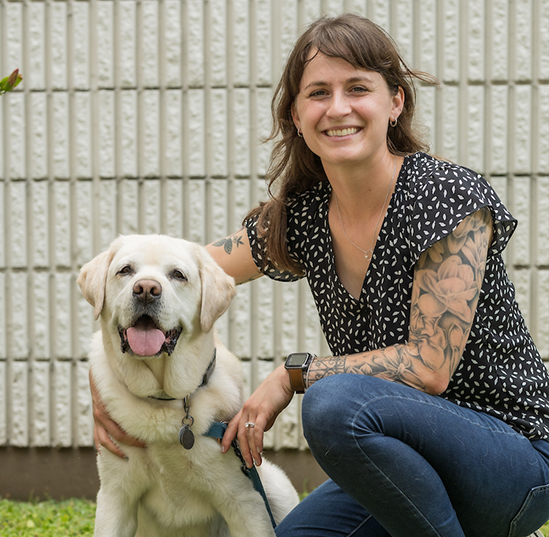
A 7-year-old Labrador retriever named Leo is back to hiking trails with his owner, five months after successfully recuperating from a total ankle replacement procedure conducted in January for the first time in Florida at the University of Florida College of Veterinary Medicine’s Small Animal Hospital.
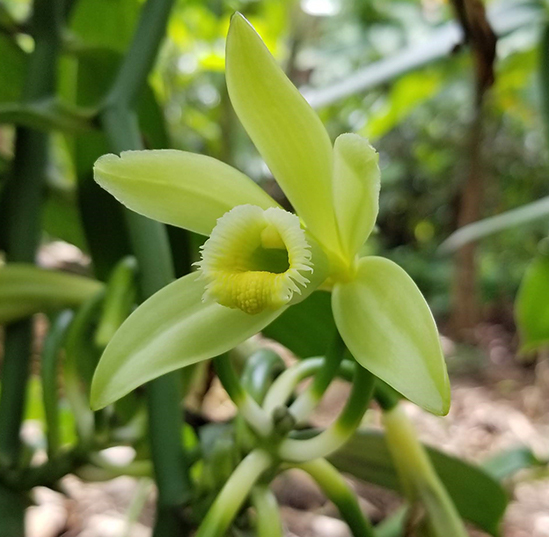
Vanilla, an expensive ingredient to import and buy, is the basis of a project led by a UF/IFAS scientist in Homestead to establish a south Florida-grown vanilla industry based on the bean.
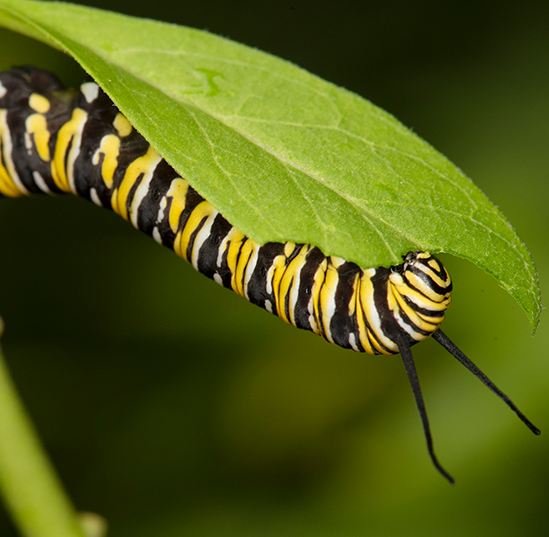
Increasingly, consumers want plants that support wildlife, such as pollinators. That’s why UF/IFAS researchers are combining hard and social sciences to ensure you get the “certifiably” wildlife-friendly plants you seek.
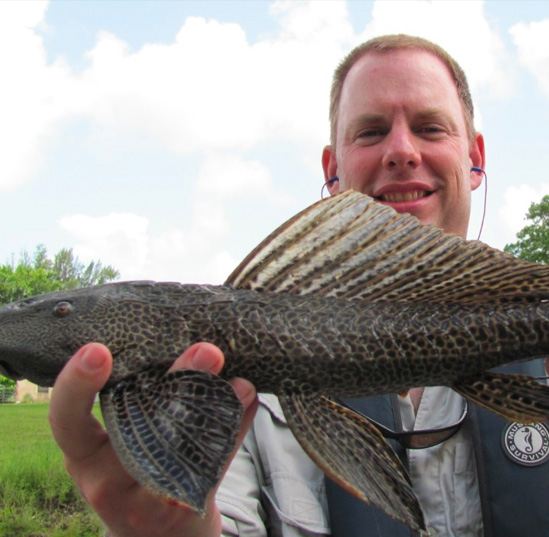
A global risk-assessment tool shows 33 nonnative aquatic species worldwide pose a “very high risk” of becoming invasive in current and future climate conditions.
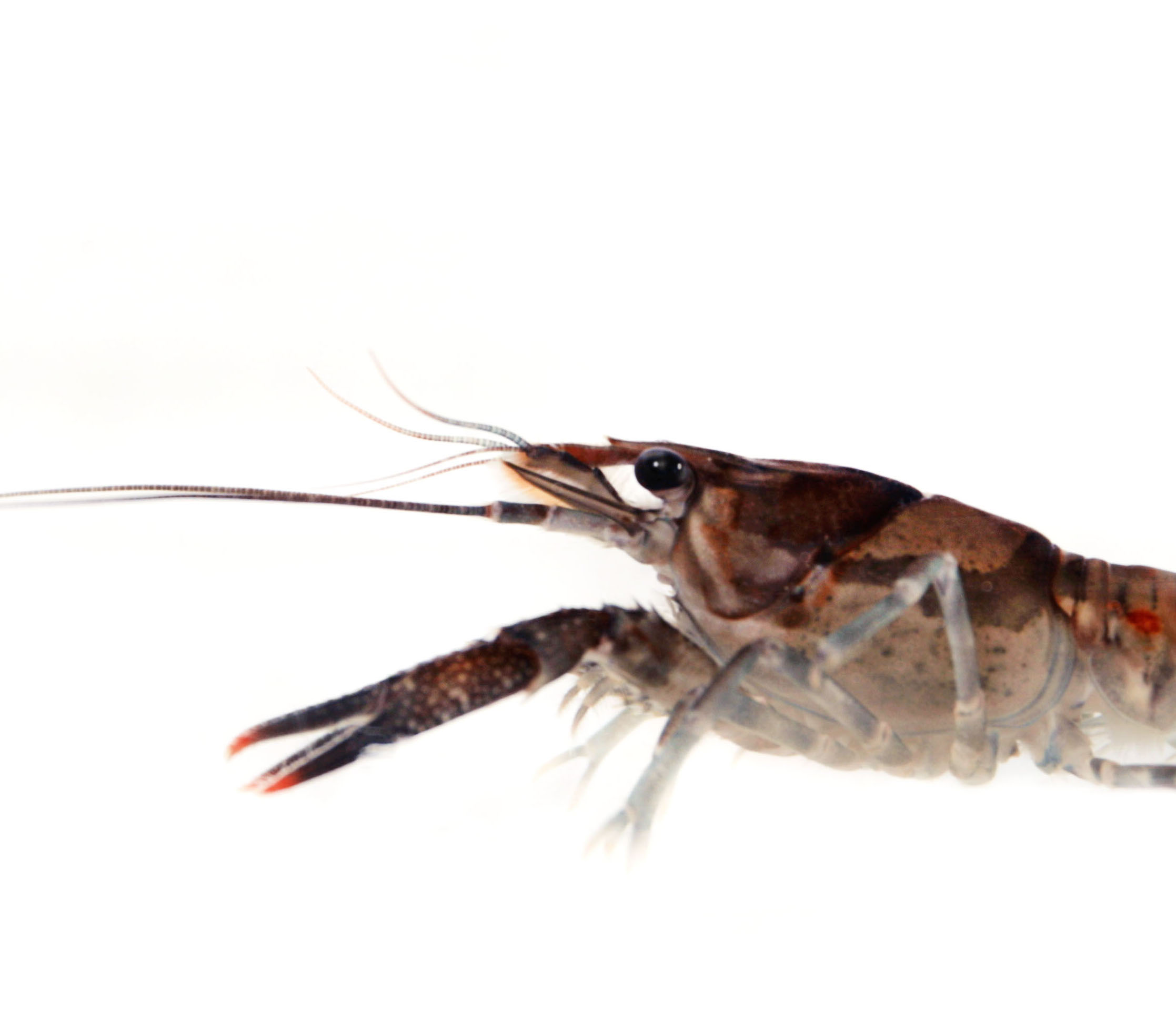
Crayfish exposed to low levels of antidepressant medication behaved in ways that could make them more vulnerable to predators.
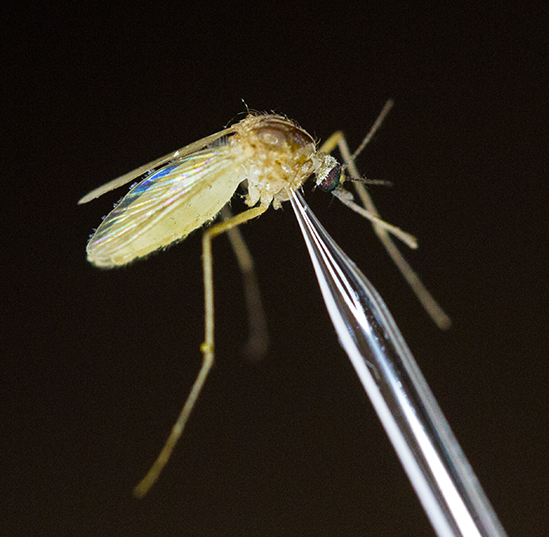
A new study shows that mosquitoes can adjust to rapid changes in temperature, indicating that mosquitoes normally dormant during winter may become active year-round due to climate change.
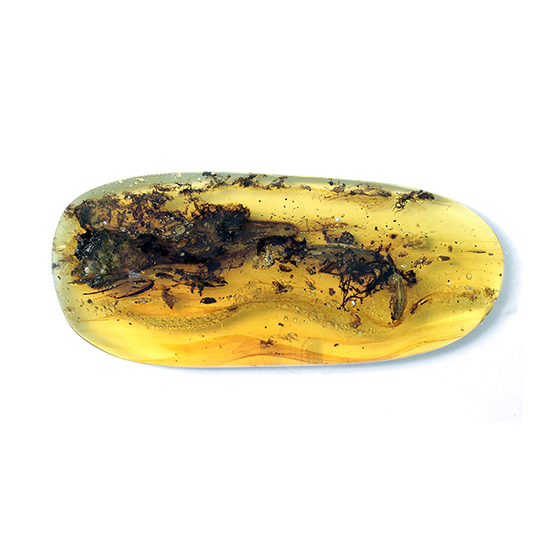
An international research team has described a new species of Oculudentavis, providing further evidence that the animal first identified as a hummingbird-sized dinosaur was actually a lizard.